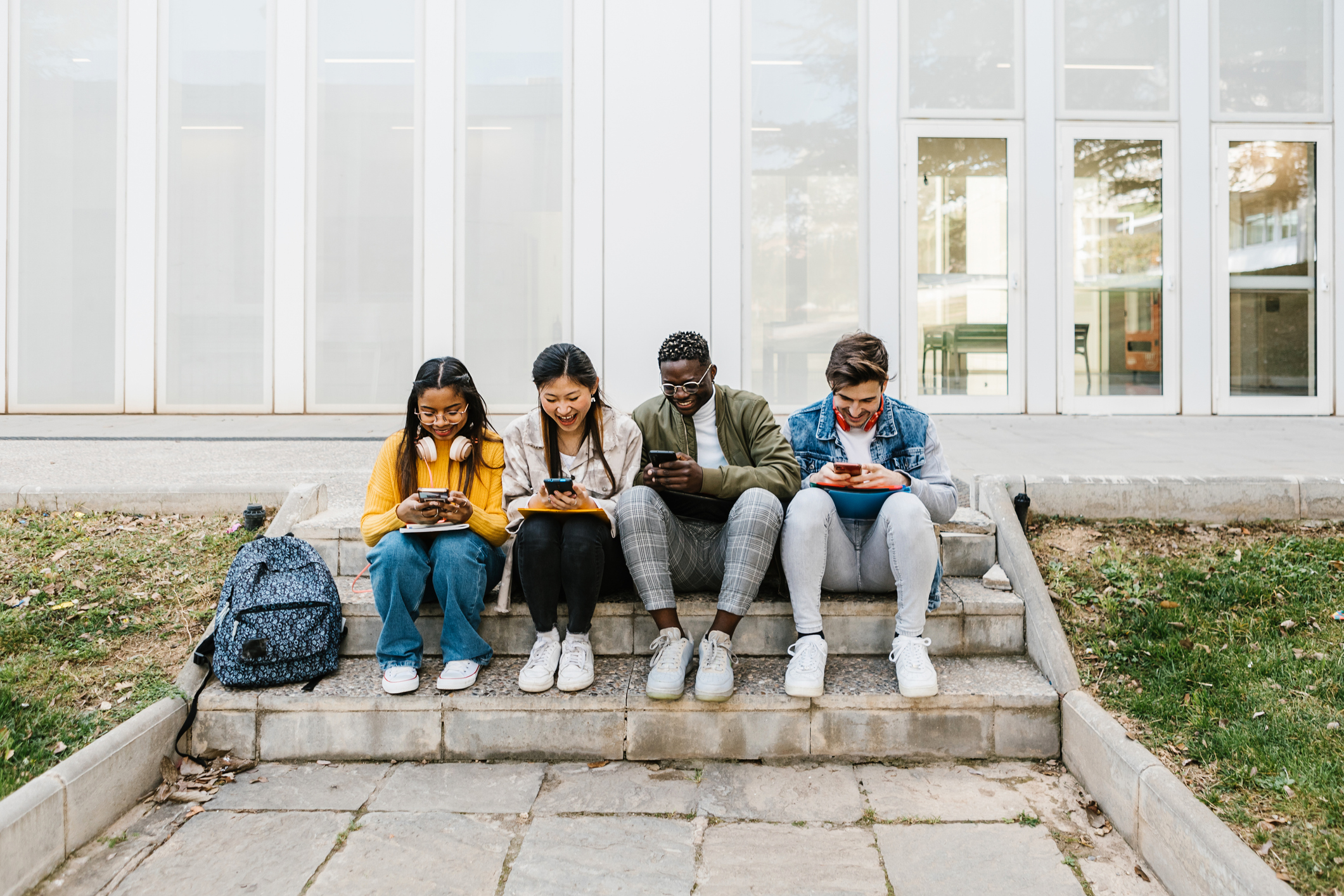Key Facts
The researchers used data from 22 class periods with an average of 21 students at an undergraduate midwestern university over the course of a semester, according to the study published Wednesday in Frontiers in Education.
Some students were given either one-, two- or four-minute technology breaks during class when they could use their devices, while control groups were given equally long question breaks during which phone use wasn’t permitted, but students were encouraged to ask questions.
Students who were given phone breaks were more attentive during class and scored higher grades on quizzes than the control group did.
The one-minute cellphone break proved to be the most effective: Participants who were given this break period had the highest test scores and used their phones less while professors were lecturing.
Loading...
The researchers aren’t sure why “the shorter, the better,” but one reason may be because one minute is enough to time to read and send a quick message, so “if they have more time to send many messages, they may be more likely to receive messages and respond again during class,” Ryan Redner, the study’s first author and a professor at Southern Illinois University, said in a statement.
Contra
Whether phones are detrimental to students’ success is a controversial topic, and some previous research has shown cellphone use during class does more harm than good. Both short-term and long-term phone use in college classes resulted in lower test scores and GPAs, a study by the American Psychological Association found. Electronic device use during college courses hindered students’ long-term retention, which in turn reduced their final exam grades, according to a Taylor & Francis study. College freshmen who reported low, medium and high cellphone usage during class all had negative impacts on their grades, according to a Springer research paper.
Tangent
Although there aren’t any statewide efforts to ban phone use in college classes, there have been bans implemented in primary and secondary schools. Florida became the first state last year to ban cellphone use during class, which includes a ban on social media access while using school Wi-Fi. Indiana lawmakers also approved a ban earlier this year that restricts electronic device usage—including phones, tablets, laptops and gaming systems—during class. Other states that have implemented restrictions include Minnesota, Ohio and Virginia. State leaders like Gov. Gavin Newsom, D-Calif., and Gov. Spencer Cox, R-Utah, have urged school districts to implement phone bans. Calls for phone restrictions in schools have increased in recent years as studies highlight the negative effects phones and social media have on youth. Around 72% of high school teachers and 33% of middle school teachers in the U.S. said cellphone distractions were a “major problem” during class, a recent Pew Research survey found. However, some parents oppose these bans because they believe their children should have access to their phones in case of an emergency, according to research by the National Parents Union.
Further Reading
Cellphone Bans In Schools Grow: Gavin Newsom Requests Restrictions In California (Forbes)
Loading...
